
‘Largest Sporting Event Ever Hosted’ – World Cup Task Force Addressing Security and Visa Issues, With Andrew Giuliani Saying Success Will Be ‘About What Happens on the Field’
Keeping the Focus Where It Belongs
When the 2026 FIFA World Cup finally kicks off across North America next summer, Andrew Giuliani wants the world’s attention to be exactly where it belongs: on the pitch.
“The way I look at success is, I want what people are talking about on July 20 next year to be about what happens on the field, not something off the field,” Giuliani said in a recent wide-ranging interview with Sports Business Journal. “If we can do that, then I think the task force has accomplished its goals.”
That may sound simple, but ensuring the largest sporting event ever hosted runs smoothly requires a staggering level of preparation. Giuliani, appointed in May by President Donald Trump as executive director of the 2026 World Cup task force, has been charged with one of the most complex logistical undertakings in modern sports history. From visas to security, from fan zones to financial reimbursements for host cities, the task force is trying to ensure that the story of this World Cup will be the football — and nothing else.
The Scale of the 2026 World Cup
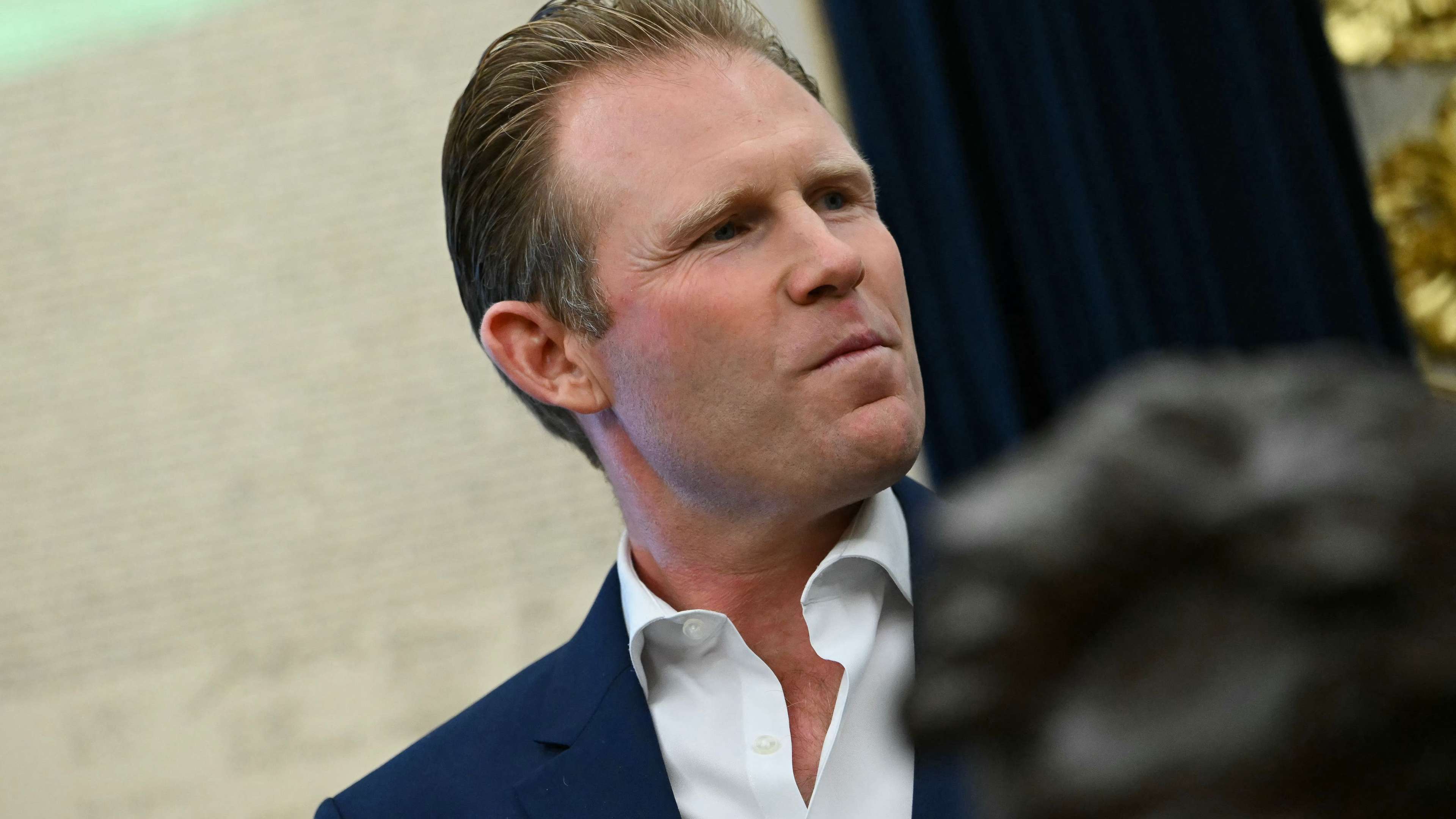
US-POLITICS
Calling the 2026 World Cup “massive” barely scratches the surface. It will be the first to feature 48 teams, a record 104 matches, and a continental footprint spanning three nations: the United States, Mexico, and Canada.
-
The U.S. alone will host 60 matches, including every game from the quarterfinals onward.
-
More than 6.5 million fans are expected across the three host countries.
-
Of that number, 3.7 million fans are projected to travel specifically for the tournament, making it a logistical challenge unlike anything U.S. sports has seen.
“This is the largest sporting event ever hosted,” Giuliani said. “The sports business world is going to play a huge role in maximizing this, not just for the American fans that are here, not just for the 7- or 8-year-old that’s going to watch their first World Cup game, but also for the international visitor who is just learning about the United States of America.”
Visa Process: Welcoming the World
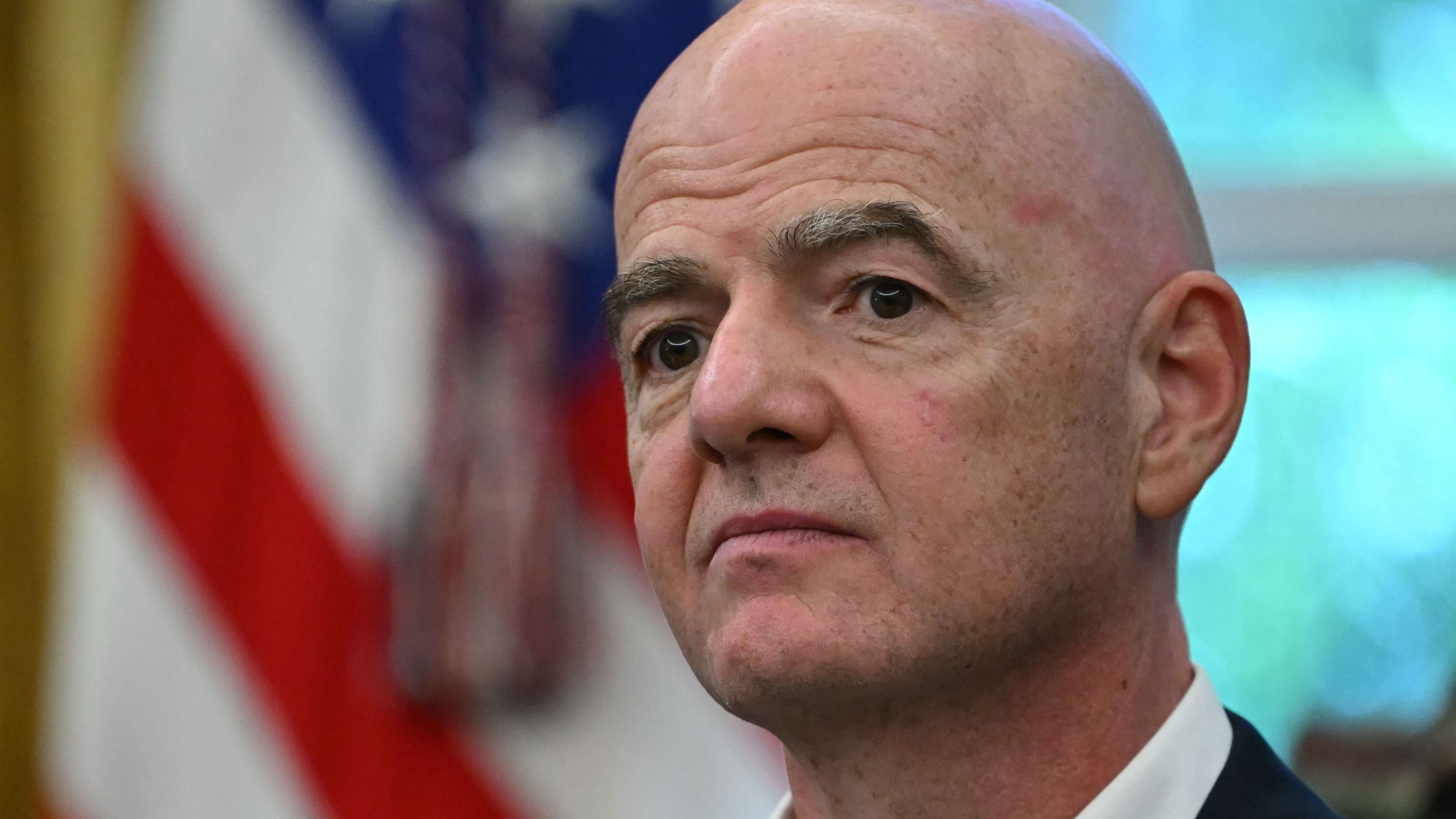
US-POLITICS-TRUMP
One of the first priorities for the task force has been the visa process — a perennial pain point for international visitors to the United States. Giuliani said the task force has already made progress, pointing to a dramatic improvement in wait times in key soccer-loving nations.
-
In Mexico, wait times for a U.S. visa appointment were over 800 days last year.
-
That number has now been cut to less than 275 days.
“First and foremost, some of the results that we can point to already are the wait times in four soccer-enthusiastic countries,” Giuliani explained. “We’ve got some work to do to get that number even lower, but that’s why the State Department is telling people to apply early. We put it back within the timeline of the World Cup, and we want to keep it there.”
The balancing act is delicate: welcoming millions of visitors while maintaining national security protocols. Giuliani insisted the task force is committed to both. “It’s key that we’re welcoming the world without sacrificing our national security and our footprint here.”
$625 Million for Security
Beyond visas, security remains the central focus. With matches spread across 11 U.S. cities, plus dozens of fan festivals and 48 team base camps, ensuring safety will require an unprecedented level of cooperation between federal, state, and local agencies.
Giuliani confirmed that $625 million has been earmarked for security costs under recent legislation. The money will be distributed to host cities through a reimbursement system.
“The plan right now is through the host committees,” he said. “We’re working on a reimbursement plan so that we can verify the money is used for safety and security as the host committees projected to Congress and to the White House. As long as they submit receipts that show it’s for ‘X’ amount of overtime for law enforcement or it’s for ‘X’ equipment that’s used specifically for the World Cup, then we are happy to reimburse that.”
It’s a way of ensuring that local organizers don’t shoulder the financial burden of global security responsibilities — while also holding them accountable for proper spending.
Human Rights Concerns
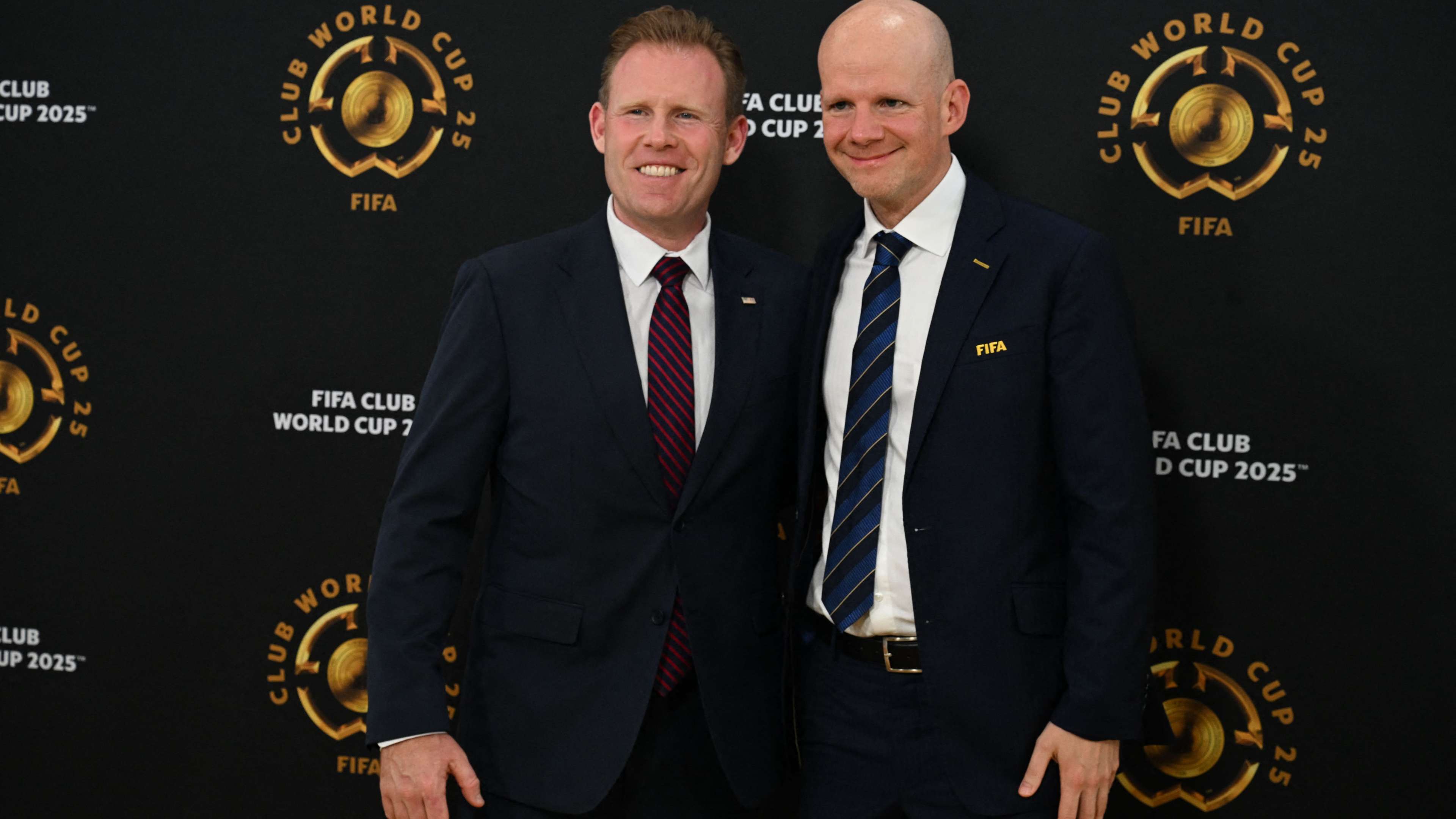
FBL-WC-CLUB-2025-MATCH01-AHLY-INTER MIAMI
While the U.S. government and FIFA have both stressed that the world will be welcome, not everyone is convinced the process is as inclusive as it should be.
Human Rights Watch recently issued a letter to FIFA, urging the governing body to establish “clear benchmarks and timelines for U.S. immigration policy changes” to protect the rights of players, fans, and participants.
Minky Worden, HRW’s director of global initiatives, argued that without safeguards, visitors could face obstacles that undermine FIFA’s promise of an open and welcoming tournament.
It’s a reminder that even with improvements, the political backdrop of the tournament will remain closely scrutinized. For Giuliani and the task force, that only raises the stakes in ensuring that the off-field narrative doesn’t overshadow the football.
Building Toward 2026
In practice, the work now is about coordinating 11 different host committees, each facing unique challenges. From massive urban centers like New York and Los Angeles to emerging soccer hubs like Kansas City, the needs vary dramatically.
Giuliani emphasized that the role of the task force is to ensure consistency across the board. “More than anything, it’s making sure state and locals have the resources they need to protect the sites, the fan-fests, and the 48 different base camps around the country.”
The investment goes beyond security. By streamlining processes, the task force hopes to reduce stress for visitors and locals alike. That includes transportation planning, ticketing coordination, and infrastructure upgrades.
Did You Know?
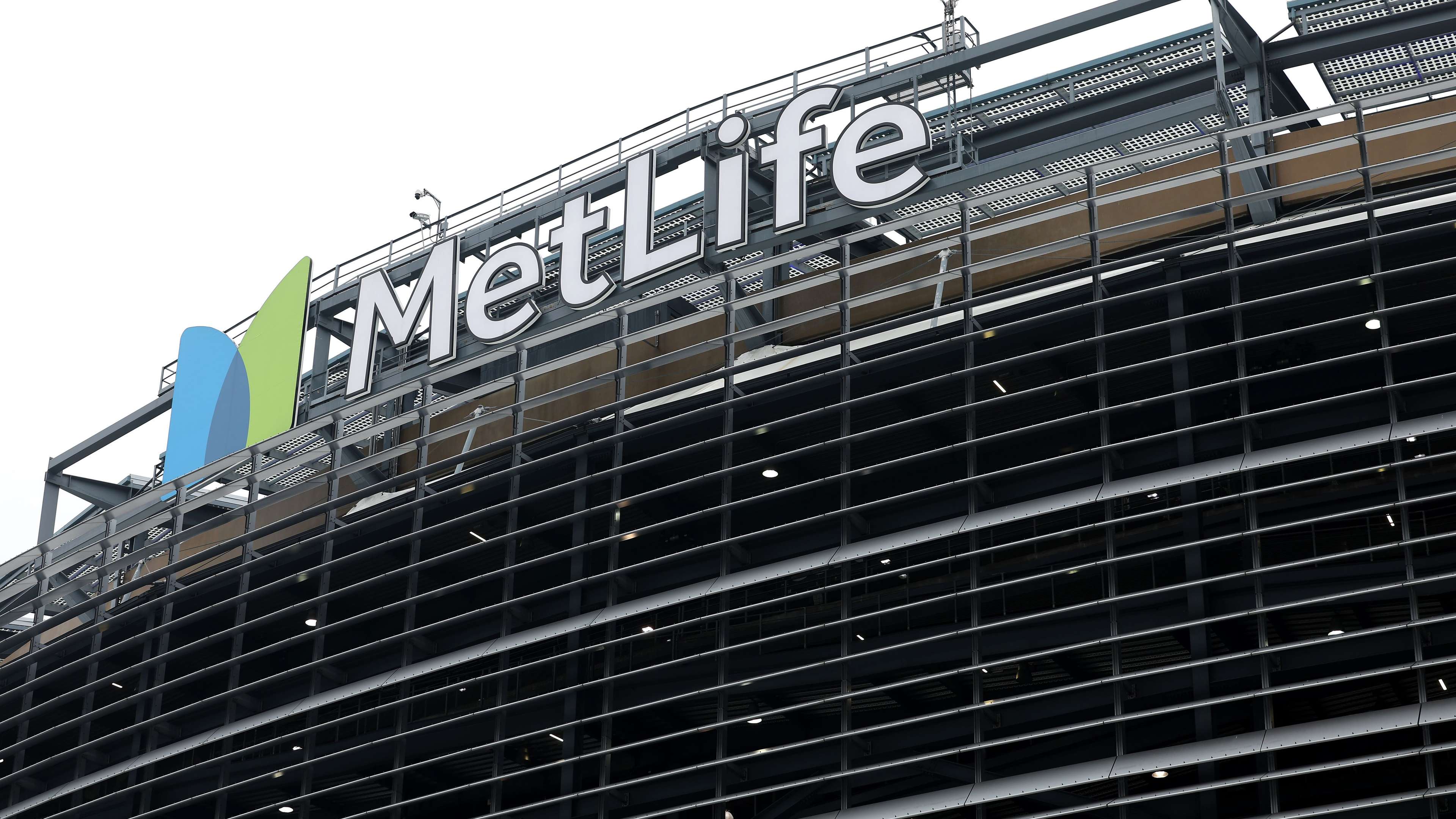
Indianapolis Colts v New York Giants
-
The U.S. last hosted the World Cup in 1994, a 24-team, 52-match tournament that drew record crowds and kickstarted MLS.
-
In 2026, the U.S. will host 60 of 104 matches, Mexico 13, and Canada 13.
-
For comparison, the 2022 Qatar World Cup had 64 matches and drew around 3.4 million total spectators — nearly half the expected figure in 2026.
-
The final will be held at MetLife Stadium in New Jersey, home of the NFL’s Giants and Jets.
What Success Looks Like
For Giuliani, success is not about headlines or politics. It’s about the everyday experience of fans, players, and staff. “The way I measure success is simple,” he said. “When people are talking about this World Cup, I want them talking about the great goals, the great matches, the moments they’ll never forget. If we’ve done that, then we’ve done our job.”
It’s a lofty goal, but one that underscores the enormity of the challenge. The 2026 World Cup will be unlike any sporting event in history, combining size, scope, and cultural significance on a scale never seen before.
And for the millions who will descend on North America next summer, Giuliani and his task force will play a key — if often unseen — role in making sure that the world’s biggest stage belongs to the game itself.




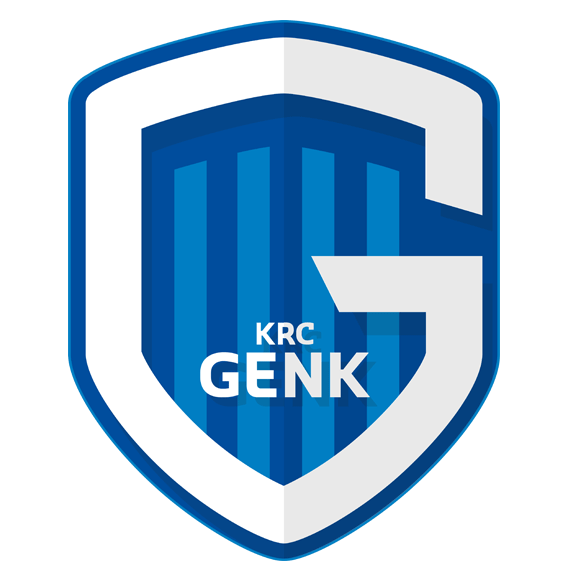
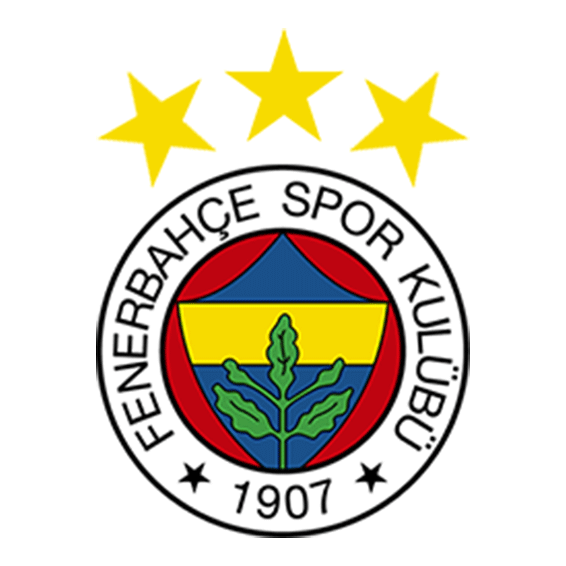

















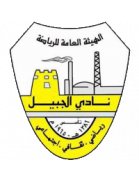








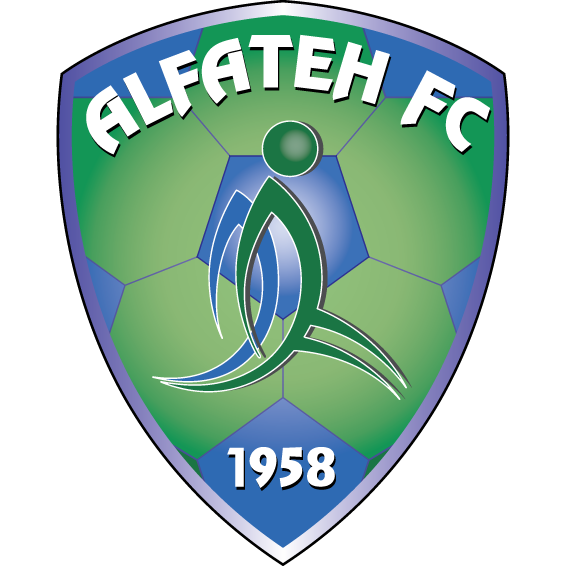

















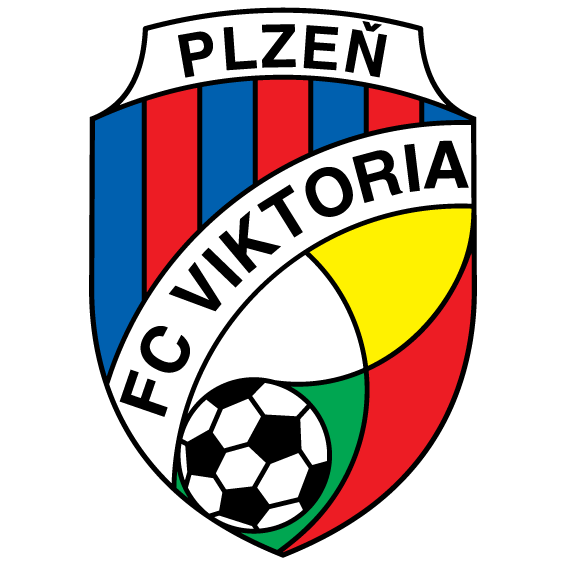
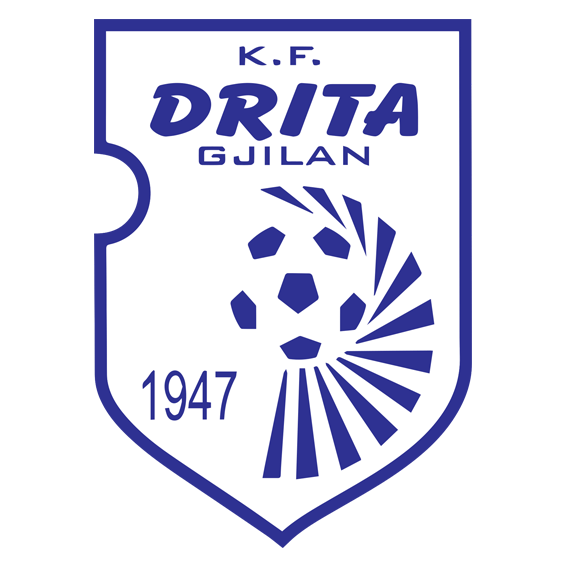







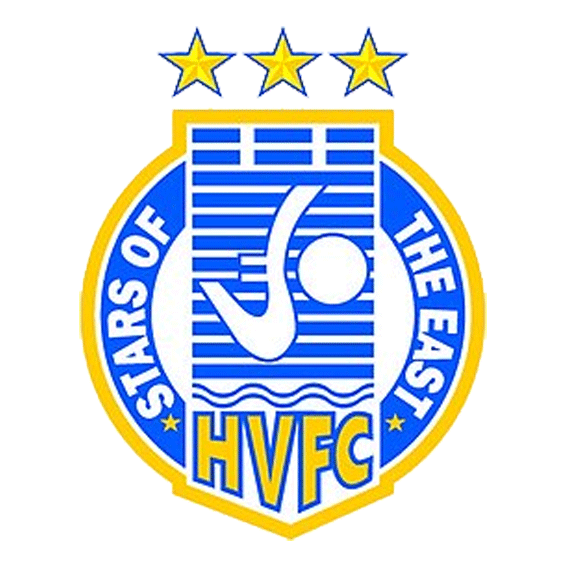
























There are no comments yet. Be the first to comment!